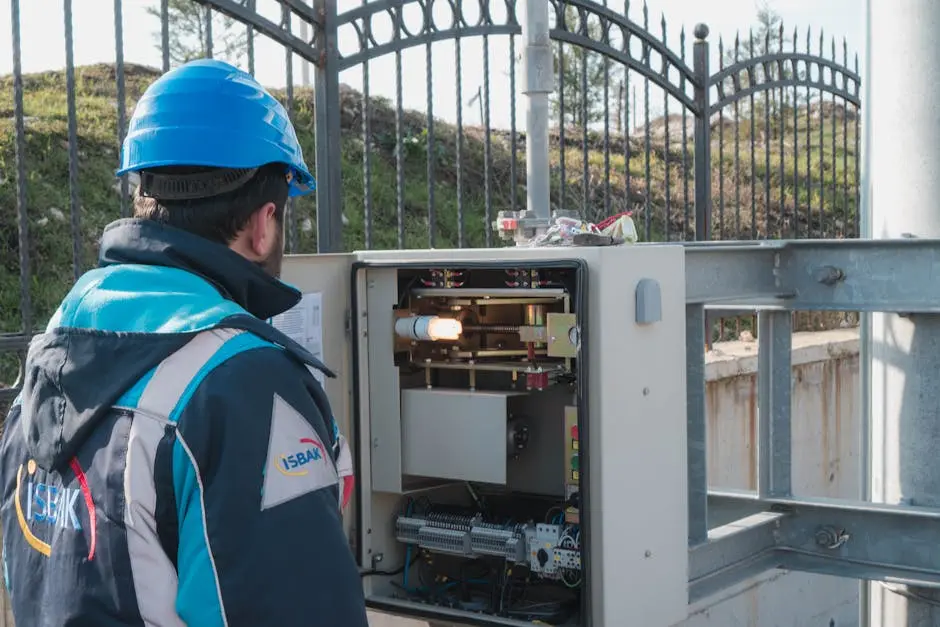Electrical inspections are crucial for ensuring the safety and efficiency of your home’s electrical systems. Understanding what happens during these inspections can help homeowners prepare and gain peace of mind knowing their electrical systems are in good hands.
Understanding the Purpose of Electrical Inspections
Electrical inspections are designed to evaluate the safety and functionality of your home’s electrical system. Essentially, they serve as a check-up for your electrical components, ensuring everything is up to code and functioning properly.
One of the primary purposes of an electrical inspection is to identify any potential hazards like outdated wiring, overloaded circuits, or improper grounding. These issues can lead to serious safety risks, including electrical fires.
Additionally, regular inspections can help ensure that all electrical installations and upgrades comply with local regulations. Keeping your wiring standards up-to-date can significantly enhance your safety and the value of your home.
By understanding the importance of these inspections, homeowners can make informed decisions about their electrical systems, ultimately leading to safer living environments.
Initial Preparation Before the Inspection
Before an electrical inspection takes place, a bit of preparation can lead to smoother proceedings. It’s wise to clear the areas around fuse boxes and electrical panels, ensuring the inspector has easy access.
Another important step is to gather any documentation related to your electrical installations, such as previous inspection reports or renovation records. This information can provide valuable context for the inspector, helping them assess your system more efficiently.
Consider informing the inspector about any particular concerns you might have, like flickering lights or frequent circuit breaker trips. Knowing these details allows the inspector to focus on high-priority areas, leading to a more thorough evaluation.
Lastly, make sure to schedule the inspection at a time when you can be present. This gives you the opportunity to ask questions and gain a better understanding of the findings.
What Inspectors Look for During the Inspection
Inspectors follow a systematic approach during an electrical inspection, scrutinizing various components of your electrical system. They will look closely at the main electrical panel, checking for proper labeling, secure connections, and any signs of corrosion.
Wiring is another critical aspect; inspectors examine the condition of visible wiring throughout your home. They assess whether it is properly insulated and ensure that there are no exposed or damaged wires that could pose a risk.
Beyond just the visible wiring, inspectors will also consider the overall electrical load that your system can handle. They ensure your circuits are not overloaded and that your wiring is suitable for the appliances you are using.
Furthermore, they check outlets and switches to confirm they are in good working condition. This includes testing GFCI (Ground Fault Circuit Interrupter) outlets, which are crucial for wet areas like kitchens and bathrooms.
Post-Inspection: Understanding the Report
Once the inspection is complete, the inspector will provide a detailed report outlining their findings. This document serves as your guideline for any recommended repairs or upgrades needed to ensure safety and compliance.
The report typically covers categories like minor issues, such as replacing outdated outlets, as well as more serious concerns that may require immediate attention, such as unsafe wiring. Understanding this hierarchy will help you prioritize actions.
Don’t hesitate to reach out to your inspector with any questions about the report. They can elaborate on the findings and help clarify what each recommendation entails, creating a clearer path toward addressing any identified issues.
In summary, reviewing and understanding the inspection report allows homeowners to take proactive measures, ensuring their electrical systems remain efficient and safe for years to come.
Wrapping Up Your Electrical Inspection Experience
In conclusion, knowing what to expect during an electrical inspection can alleviate any concerns and ensure that your home remains safe and up to code. Engaging a qualified inspector will provide you with valuable insights and necessary recommendations for any issues discovered.


